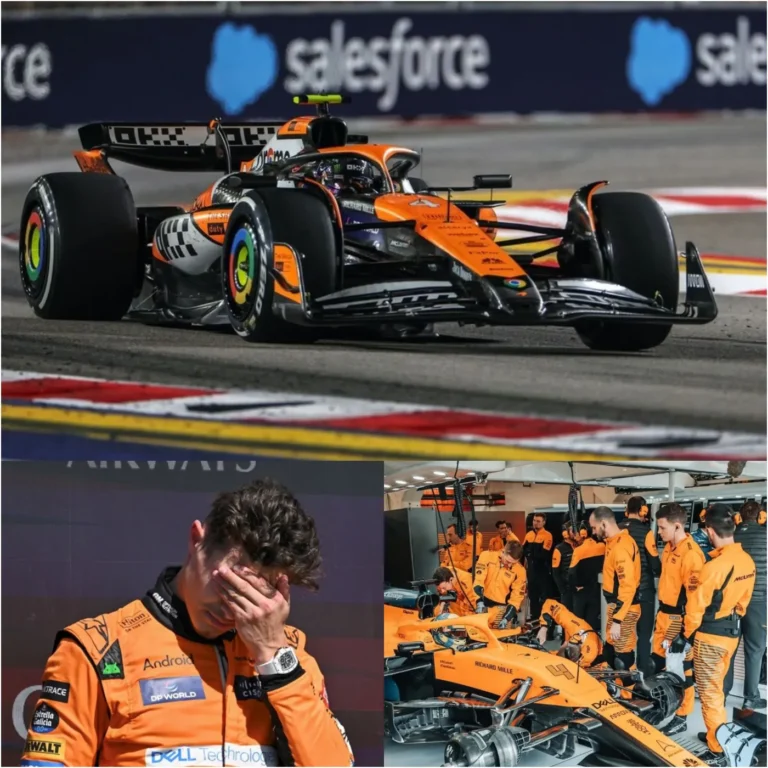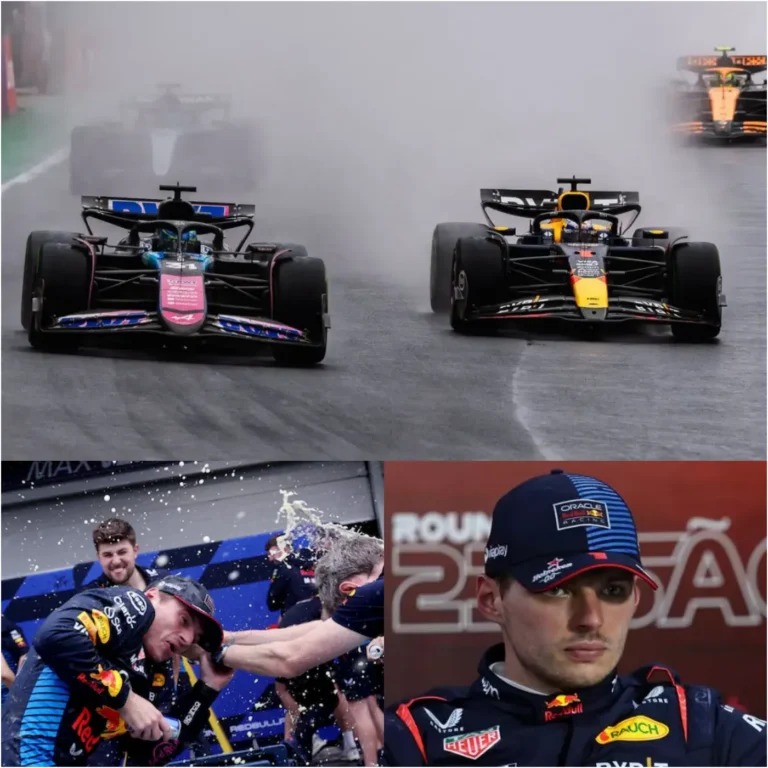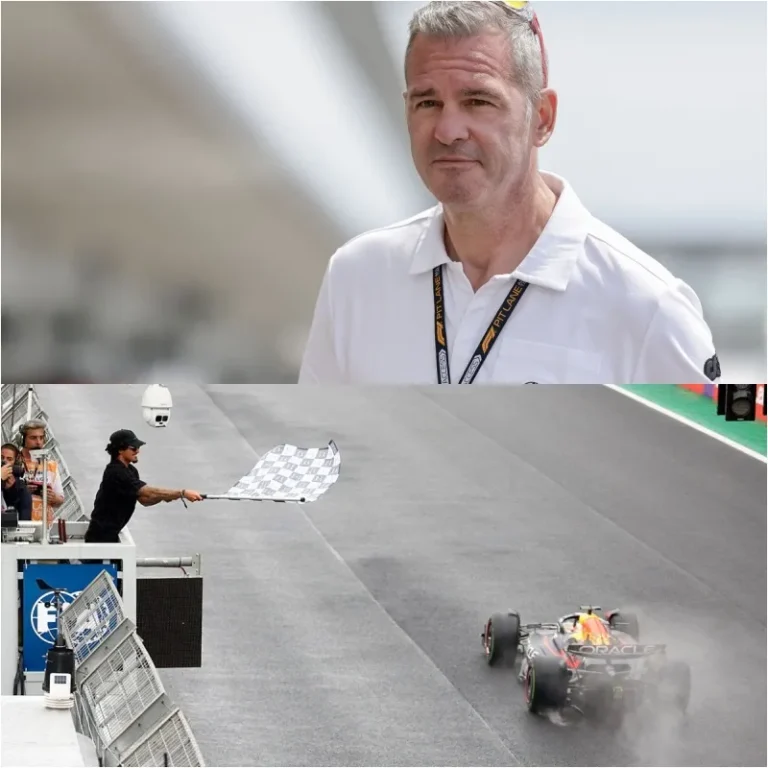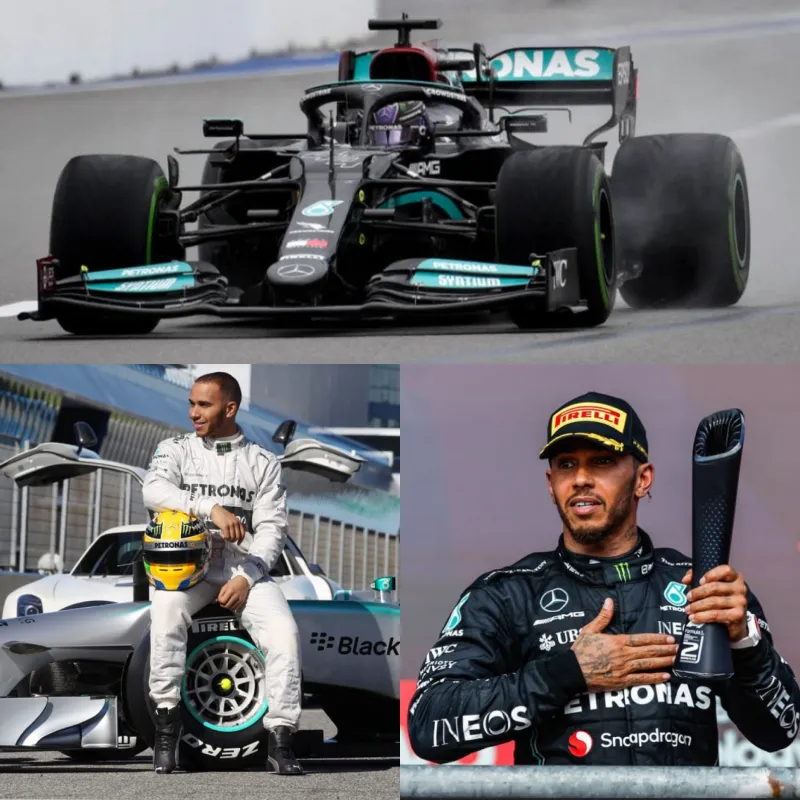
Lewis Hamilton may have clinched victory at the Belgian Grand Prix, following a penalty for his teammate George Russell, but the Formula 1 star remains deeply frustrated with the Mercedes team. His dissatisfaction stems from a perceived lack of communication and strategic inconsistency that could have affected his performance.
Lack of Communication
Hamilton openly expressed his annoyance at not being informed about the “risk” of being overtaken by Russell due to a one-pit strategy. He stated, “We have to trust our teammates, so I always trust the team managers. I told them my tires were fine, but they insisted I come in for a pit stop. Did I know there was a risk of being overtaken by my teammate? They didn’t inform me about that.”
During the race, Hamilton was notably quieter than usual, repeatedly explaining to Oscar Piastri in the paddock that the tires on his W15 were still in good condition when he was called into the pits. This lack of clarity from the team left Hamilton feeling unsupported, particularly in a critical moment of the race.
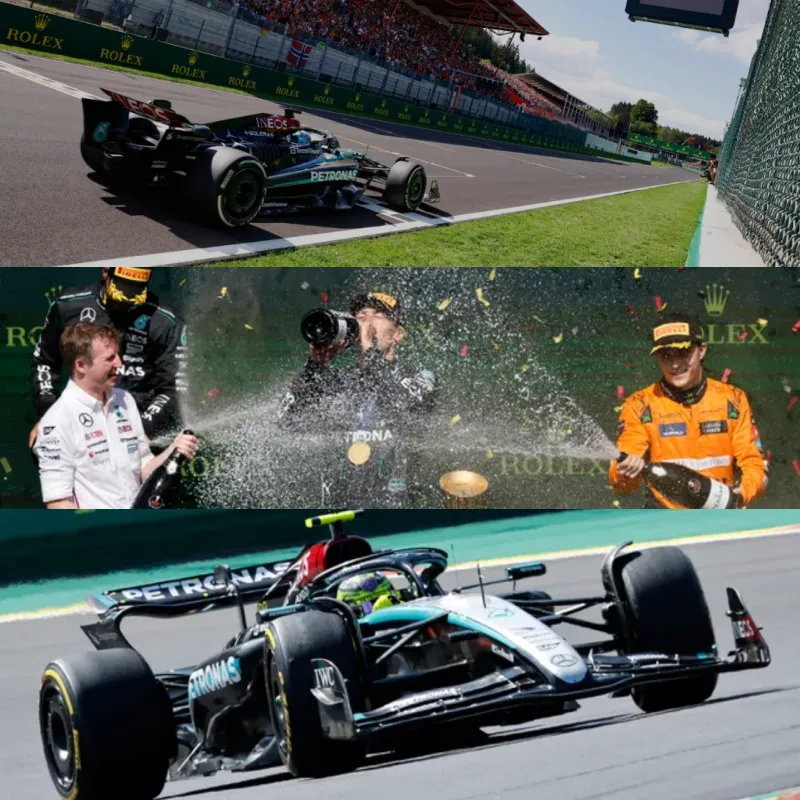
Disappointment on the Podium
On the podium, Hamilton showed little enthusiasm and did not celebrate with Russell. In an interview with F1 TV after being elevated to first place, Hamilton remarked, “I wish I could race on my own strategy. If I had raced with the right strategy, George wouldn’t have been able to stop me.” His desire for autonomy in strategy highlights a deeper issue within the team dynamics.
Hamilton, renowned for his tire management skills, viewed the team’s decision to adjust Russell’s strategy from two pits to one as unfair. “If you listen to the radio exchanges, you can hear most of the conversations between me and the team. Yes, I think the tires were still quite good. I didn’t want to pit early,” he emphasized. This situation raises questions about how Mercedes is balancing its drivers’ strategies.
Ongoing Strategy Concerns
This isn’t the first time Hamilton has voiced his displeasure with the team’s strategic choices. Since signing a contract with Ferrari for the 2025 season, he has frequently criticized Mercedes for favoring Russell in various situations, including car setup and race strategy.
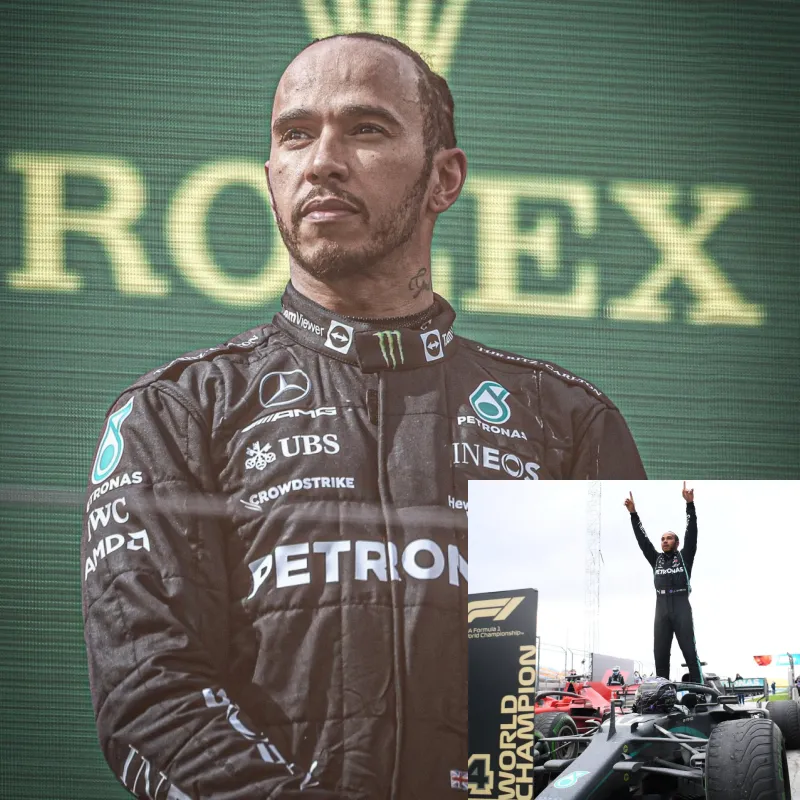
Toto Wolff, the Mercedes team principal, addressed Hamilton’s reaction, explaining that the decision to call him in early was aimed at preventing him from losing positions to Charles Leclerc and Oscar Piastri, who were threats on the track. “From the cockpit, it’s hard to have the full picture to say your tires are still good. At that moment, no one intended to use a one-pit strategy,” Wolff clarified.
According to Wolff, the decision to employ different strategies for each driver was based on the race’s dynamics. Russell’s one-pit strategy was a calculated risk taken when he was in a position with little to lose.
Despite his victory, Hamilton’s frustration reflects broader concerns about communication and strategic fairness within the Mercedes team. As the season progresses, it will be crucial for Hamilton and Mercedes to align their strategies effectively to maximize their potential on the track. With ongoing challenges and tensions, the coming races will test the team’s unity and Hamilton’s resolve as they aim for further success.
